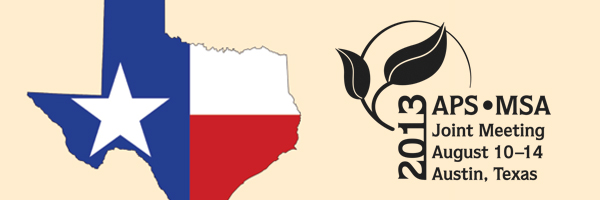APS Homepage
Back

Oral Technical Session: GenBank, Fungal Digitization & Cell Biology
© 2013 by The American
Phytopathological Society. All rights reserved.
156-O
Open Tree of Life: Challenges and progress for the fungi.
R. GAZIS (1), R. Ree (2), S. Smith (3), K. Cranston (4), D. Hibbett (1)
(1) Clark University, Worcester, MA, U.S.A.; (2) Field Museum of Natural History, Chicago, IL, U.S.A.; (3) University of Michigan, Ann Arbor, MI, U.S.A.; (4) National Evolutionary Synthesis Center, Durham, NC, U.S.A.
The Open Tree of Life Project aims to synthesize a comprehensive tree of life including all of the ~1.9 million described species, and eventually, all undescribed species known only from environmental sequences. Our collaboration includes practicing systematists, as well as experts in phylogenetic theory, software development, and bioinformatics. The Hibbett laboratory is tasked with synthesis of data coming from mycological studies. To date, we have examined more than 2,000 peer-reviewed articles published between 2000 and 2012. Unfortunately, we found that less than 30% of the studies have deposited their alignments or tree-files in publicly available databases. We also contacted authors of 100 studies requesting their collaboration. From this first assessment, we concluded that the majority of fungal phylogenies produced in the last decade are inaccessible, existing only as printed figures. These results highlight the importance of data deposition for downstream analyses and re-use, such as the assembly of a comprehensive tree of life. Beyond collecting data to synthesize a complete tree, the Open Tree of Life Project seeks to create new tools that will allow community-driven synthesis and annotation of phylogenies. We will present results of preliminary analyses that illustrate how the Open Tree project acquires data, as well as new approaches to representing conflict, support, and taxonomic coverage in fungal phylogenies.